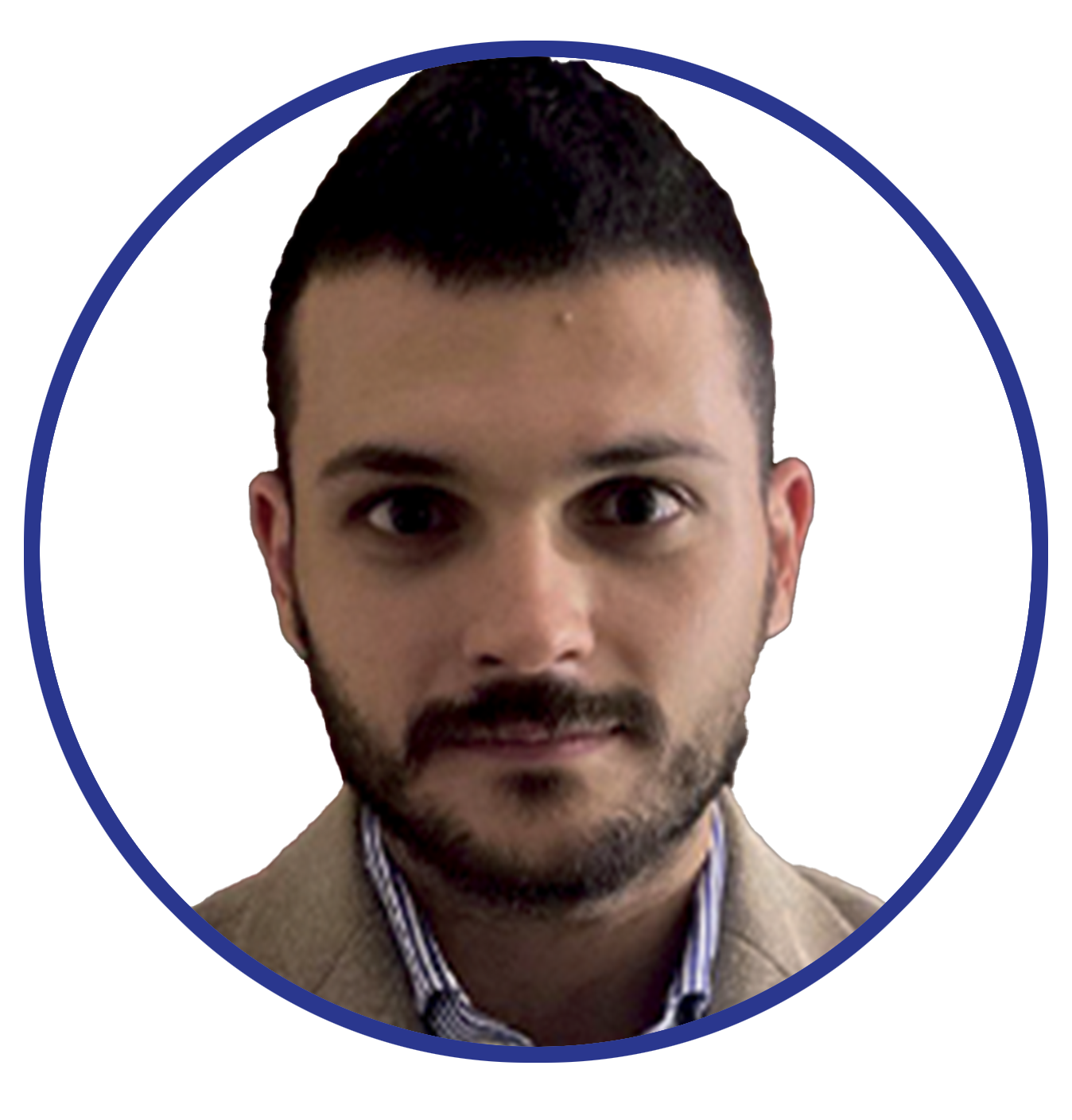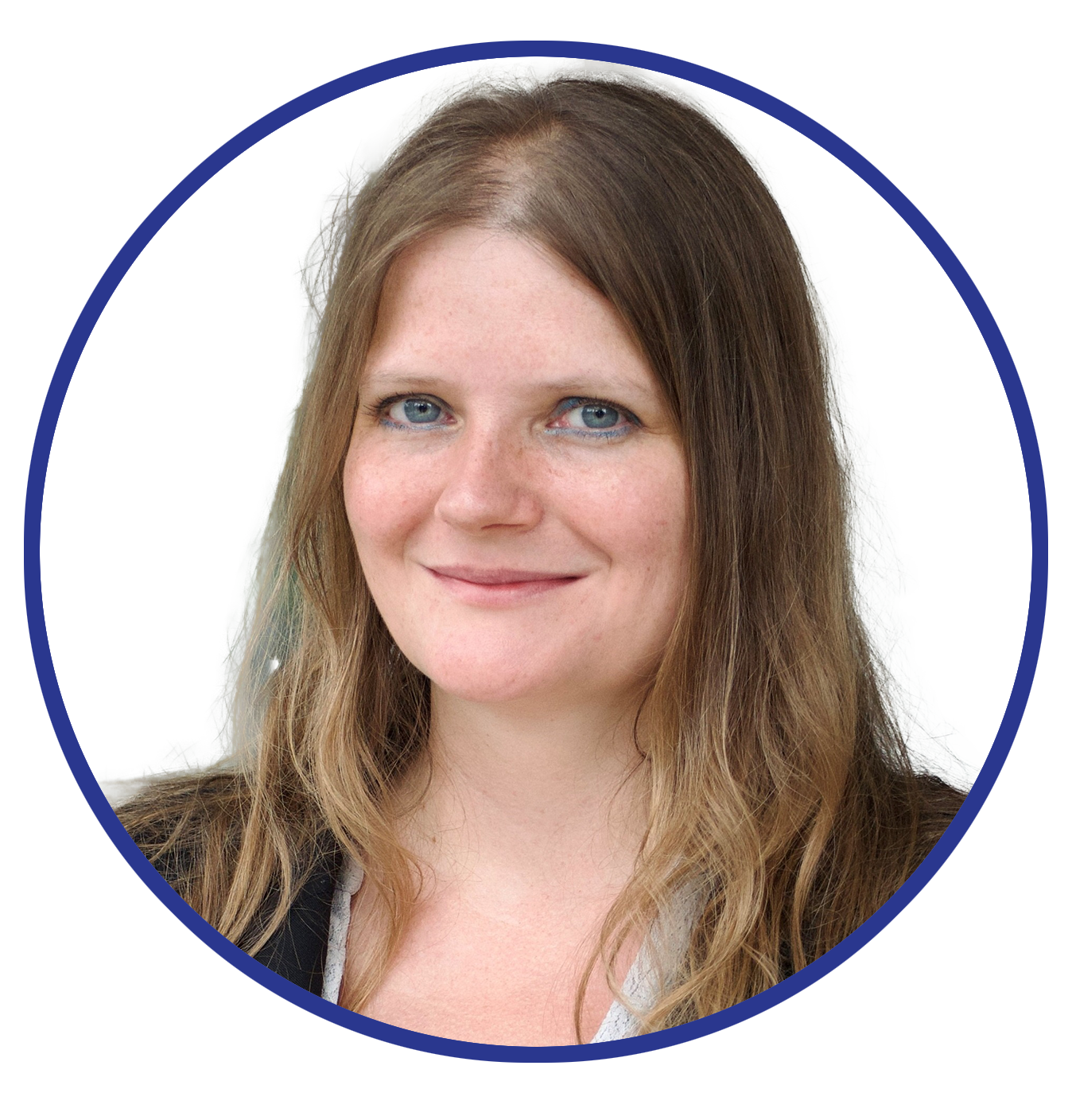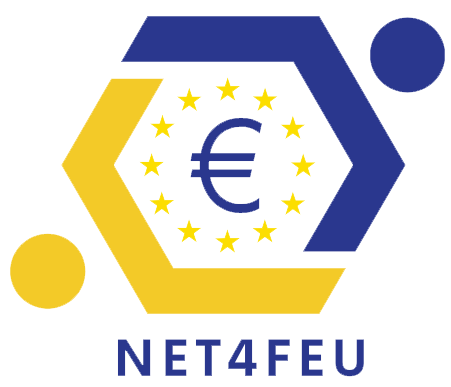People
Research team

Serena Quattrocolo
Full Professor of Italian and European Criminal Procedure at the University of Turin. Previously, dean of the Law School at the University of Piemonte orientale.
Former academic co-director (AY 2016-17), of the Center for Transnational Legal Studies (CTLS), London. Visiting scholar at King’s College, London (AY 2016-17) and visiting professor at FGV Direito, Sao Paulo, Brasil (AY 2015-16). Braudel Fellow 2022 at the European University Institute; Stipendiantin at the Max Planck Institute for International and comparative criminal law, Freiburg i.B., Germany, 2014. Member of the Committee for the reform of criminal justice, at the Italian Ministry of Justice, (2021-22).
Principal investigator of: Jean Monnet Project PreCrim (2020), Jean Monnet Module EuDICRI (2022), EUAF NET4FEU (2024). Major research fields: AI and criminal proceedings; in absentia trials, European criminal procedure.
Last book: S. Quattrocolo, Artificial Intelligence, Computational Models and Criminal Proceedings. A Framework for a European Discussion, Springer, 2020.
Laura Scomparin is a Full Professor of Criminal Procedural Law at the University of Turin (Italy). Former Head of the Law Department and Vice Rector for the Research she is currently President of the Bachelor’s degree in Global Law and Transnational Legal Studies and Director of the LLM in Journalism at the University of Turin.
Founder and director of the Legal Clinical Program of the Law School, Professor of several graduate and post-graduate courses with a special interest in e-learning methodologies, she currently teaches Italian Criminal Procedure, Criminal Law for Public Administration, and European Criminal Procedure. Principal Investigator in several European projects granted by the European Union, her research interests are focused on judicial cooperation on criminal matters, implementation of the EU legislation, recovery of illicit assets, public ethics, and interdisciplinary approaches to transparency and anti-corruption.
Editor of the scientific review “La legislazione penale” (A ranked in the Italian ANVUR ranking of scientific journals and reviews), she has authored numerous publications in the field of criminal justice.

Laura Scomparin

Andrea Cabiale
After graduating in Turin, Andrea Cabiale obtained a PhD in Criminal Sciences at the University of Trieste.
He is currently Senior Assistant Professor at the Department of Law of the University of Turin, where he teaches Italian Criminal Procedure, European Criminal Procedure, Criminal Proceedings and Psychological Sciences.
His scientific interests are focused, among others, on European criminal procedure, criminal evidence and appeal remedies.
Nicolò Di Paco is a post-doc researcher at the University of Turin. He holds a Ph.D. in Criminal Procedural Law from the University of Pisa. In 2022, he spent a visiting period at the Dublin City University and the DCU Law & Tech research cluster.
His main research interests include the criminal liability of legal persons, evidence, seizures and the use of new technologies in criminal proceedings. He is the author of several articles and has participated in conferences on these research topics.

Nicolò Di Paco

Oscar Calavita
Oscar Calavita is a research fellow and adjunct professor of criminal procedural law at the University of Turin, where he graduated and obtained his Ph.D.
His main research topics and interests are related to criminal procedure, European criminal procedure, trojan horse interceptions, and the panorama of alternatives to prison sentences.
Luigi Di Caro is an Associate Professor at the Department of Computer Science of the University of Turin (Italy). He has a Master degree and a Ph.D. in Computer Science, and his main interests include Artificial Intelligence (AI), Natural Language Processing (NLP), Data Mining (DM), Machine Learning (ML), Legal Informatics (LI) and related interdisciplinary interactions with Cognitive Sciences (CS) and social-impact applications. He has active international collaborations with more than 50 people in different countries, and leads the NLP activities within the “Social Computing” research group of the Department of Computer Science. Luigi Di Caro is also on the academic board of the Joint International Doctoral Degree in Law, Science and Technology. He currently coordinates/coordinated several European research projects at different degrees: 1 at project-level (InterLex), 6 at partner-level (BO-ECLI, MIREL, CrossJustice, ADELE, FACILEX, POLINE), and 1 at task-level (EuCases). He is also PI of 3 national projects: a PRIN 2022 project (Kurami), a project funded by the EU (NextGenerationEU) on AI and NLP technologies applied to the legal domain (ExtrAI), and a project NODES funded by MUR-PNRR on the application of Generative AI in the tourism context (PiemuntAIs).

Luigi Di Caro

Amon Rapp
Amon Rapp is currently an Associate Professor at the Department of Computer Science, University of Turin. In 2018-2019, he was a visiting scholar at Sheffield Hallam University and at The University of Sheffield. He leads the University of Turin research unit of the PRIN 2022 project “Promoting Healthy and Sustainable Eating through Interactive and Explainable AI Methods” (PHaSE) and is the Principal Investigator of the FAIR project “Integrating Large Language Models in Qualitative Research Analysis: Supporting Researchers in Effectively Collaborating with Generative AI” (MidLLMan). His research activity is situated within the area of human-computer interaction and is profoundly interdisciplinary. In particular, he investigates the everyday needs and practices of people interacting with video games, wearable and personal data collection devices, conversational agents, “persuasive” technologies, and Generative Artificial Intelligence systems. He is the author of more than 150 publications in leading international journals (e.g., ACM Transactions on Computer-Human Interaction, Human-Computer Interaction, International Journal of Human-Computer Studies, Computers in Human Behavior) and conferences (e.g., ACM CHI, ACM CSCW). He is currently a member of the editorial board of five international journals, including the International Journal of Human-Computer Studies, published by Elsevier, and Human-Computer Interaction, published by Taylor & Francis.
Board of external experts
Eleonora Laurenza works for the Central Bank of Italy and is currently Assistant Professor at TU Wien in the DBAI (Databases and Artificial Intelligence) group. She is an experienced Innovation Officer, particularly keen on putting research into action by enabling digital transformation.
She specializes in the field of Financial Intelligence and, in particular, in AML/CFT data strategies.

Eleonora Laurenza

Emanuel Sallinger
Emanuel Sallinger is a Full Professor at TU Wien Informatics in Databases and Artificial Intelligence and Vice Dean of Academic Affairs. He leads the “Knowledge Graph Lab” and is a member of the Bilateral Artificial Intelligence Cluster of Excellence.
He has been working in scalable knowledge-based information systems and artificial intelligence technologies focusing on knowledge representation and reasoning.
Anne Schneider got her PhD from the University of Münster, Germany.
She worked as a Postdoc at the Friedrich Wilhelms University of Bonn, Germany, until she received her Habilitation and venia legendi for Criminal Law, Criminal Procedure, European and International Criminal Law, Comparative Criminal Law and White Collar Crime in 2018.
She then became Full Professor for German, European and International Criminal Law, Criminal Procedure and White Collar Crime at the University of Mannheim, where she stayed for three years.
Since 2021, she has been the holder of the Chair for German, European and International Criminal Law at the Heinrich Heine University of Düsseldorf, Germany. Her research focusses on Criminal law theory, Criminal procedure law, EU law and Comparative law. She has spend longer periods abroad in Italy, Norway, UK and Canada.

Anne Schneider

Miha Hafner
Miha Hafner is an assistant professor at the University of Ljubljana, Faculty of Law and a research at the Institute of Criminology.
His research deals with various issues of procedural criminal law. He is particularly interested in the role of neuroscience in criminal law as well as the intersection of cognitive sciences and (criminal) law in general.
In 2018, he received his PhD in Law at the University of Ljubljana and in 2016 he completed a master’s degree in criminology at the University of Cambridge. Hafner has been involved in a number of projects dealing with various topics of EU criminal law on the one hand and the role of cognitive mechanisms in legal decision-making on the other.
He is currently leading an interdisciplinary research project exploring the socio-legal aspects of the use of psychedelics in Slovenia.
He also acts as the contact point for Slovenia in the European Criminal Law Academic Network (ECLAN).
Holder of a PhD in legal science, Assistant Professor at the Faculty of Law, University of Porto and President of the Instructions Committee for the Portuguese Football League. Founding member of the SPC – Portuguese Society of Criminology, Member of the Board and integrated researcher at the Centre for Interdisciplinary Research on Justice (CIJ).
Fellow of the International Association of Penal Law (AIDP) since 2019 and member of the European Criminal Bar Association since 2019 and of the German-Lusitanian Lawyers’ Association since 2023. Visiting scholar at the at the University of Eastern Piedmont in 2022 and at the ABDConst – Brazilian Academy of Constitutional Law in 2019.
Guest researcher at the Ludwig-Maximilians University in Munich in 2024 and at the Max-Planck Institute für ausländisches und internationales Strafrecht in 2010, 2011 and 2012. Stipendiatin from DAAD-Deutscher Akademischer Austauch Dienst in 2024 and 2010).
Author of articles and monographies on criminal law and criminal procedure.
Participant in international research projects and expert groups.
Her major research fields are European criminal law and criminal procedure, criminal evidence and defence rights.
Personal page CIJ: https://cij.up.pt/en/client/skins/geral.php?id=451

Sandra Oliveira

Giulia Lasagni
Giulia Lasagni is Senior Assistant Professor in Criminal Procedure at the University of Bologna.
She has a Ph.D. in Criminal Procedure Law from the University of Bologna, was Post-doc Researcher at the University of Luxembourg and Visiting Researcher at the University of Paris Nanterre, of North Carolina and of Wroclaw.
Giulia has worked in the legal department of the Single Supervisory Mechanism (SSM) of the European Central Bank and of the European Anti-Fraud Office (OLAF). Her main research topics include: Procedural rights in criminal proceedings on a comparative and European level; the application of algorithmic and AI technologies to the criminal justice matter;new forms of digital investigations and surveillance; cybersecurity; digital evidence; miscarriages of justice; and banking and financial investigations.
She participates in several European and international research projects (e.g. ECB Legal Research Programme, ParTFin, FACILEX (Principal Investigator), CROSSJUSTICE, EUBAR, DEVICES, EPPITALY (Principal Investigator)), as well as international conferences.
Giulia is the author of several papers on the research topics illustrated above, and of the monograph Banking Supervision and Criminal Investigation. Comparing the EU and US Experiences (Springer/Giappichelli, 2019).
